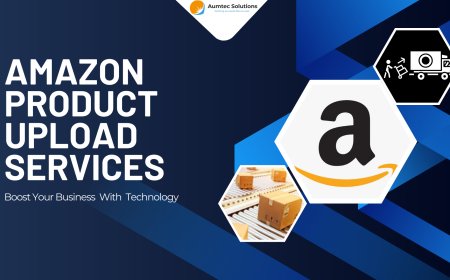What Travel Agencies Need to Know About the Sponsor Licence Application Process
Travel agencies, like so many businesses in the UK, have a high demand for skilled international staff in almost all positions, from customer service to tour operators and other niche positions. A travel agency must obtain a Sponsor Licence from the UK Home Office to employ foreign workers. It enables them to sponsor workers on a Tier 2 or Skilled Worker Visa. However, the application process can be complex, and it’s crucial for travel agencies to understand the requirements and steps involved.
1. Understanding the Sponsor Licence
A Sponsor Licence enables an employer to hire foreign nationals who do not have indefinite leave to remain or the right to work in the UK. Travel agencies can sponsor skilled workers for jobs that cannot be fulfilled by the local workforce. It is necessary to check if your business is eligible before proceeding with the application process.
Key points:
The Sponsor Licence is a licensure requisite to hiring foreign nationals.
An application that has succeeded will grant the agency permission to issue Certificates of Sponsorship.
Sponsors are bound by Home Office requirements in record-keeping, compliance checks, and reporting obligations.
2. Eligibility Criteria for the Sponsor Licence
Before travel agencies make an application, they have to meet specific criteria laid down by the Home Office. Among the most basic requirements include:
Legal Business Status: A travel agency should be a properly registered business in the UK.
Appropriate Financial Standing: It should have the financial capability to sustain the workers they are sponsoring as per the requirements.
Relevant Job Roles: The job roles for the workers they are sponsoring will need to be on an approved list of eligible occupations and at the required skill level, which is RQF Level 3 or above (Home Office).
3. Application Process
The application process for a sponsor licence includes several steps. Here's an overview of the steps:
Step 1: Online Registration and Application
The agency shall fill in an online application form available on the UK Home Office website.
Mention the details of the business, its structure, its financial standing, and intentions of hiring foreign workers.
Step 2: Preparing and Submission of Documents
You will need to submit a range of documents that demonstrate your business’s eligibility and compliance with legal obligations. These may include:
Business registration documents
Proof of your financial standing (e.g., tax returns, bank statements)
Evidence of your HR systems for record-keeping and compliance
Step 3: Pay the Application Fee
The application fee will depend on the size of your business and the type of workers you wish to sponsor.
Generally, smaller businesses are charged a lesser amount compared to large ones.
Step 4: Home Office Review and Compliance Check
Once your application and documents are submitted, the Home Office will consider your case. This may also involve site visits to check your compliance with sponsor duties, assess your HR systems, and the like.
Step 5: Receive the Licence
If your application is successful, you will be granted your Sponsor Licence, which will enable you to assign Certificates of Sponsorship to foreign workers.
4. Sponsor Responsibilities
Once a travel agency has obtained a licence to be a sponsor, there are various responsibilities that continue:
HR Systems: Travel agencies should have systems through which the immigration status of their sponsored workers is monitored.
Reporting Responsibilities: This involves informing the Home Office when certain events happen with a sponsored worker, including when a worker does not turn up for work, or leaves their job. Similarly, record-keeping is required, making sure they are accurate and up to date, including evidence of the worker's immigration status, their job, etc.
5. Cost of Sponsor License
While these costs may vary depending on the size of your business and the nature of the workers, here are some general expenses to anticipate:
Application Fee: The fee is between £536 and £1,476, depending on the size of your business and the type of visa.
Immigration Skills Charge: Travel agencies will also have to pay an Immigration Skills Charge for every worker they sponsor, which can be up to £1,000 per year per worker.
6. Common Mistakes to Avoid
Incomplete or Incorrect Documentation: If the documents are not prepared correctly, the application may be delayed or rejected.
Failure to Keep Proper Records: Failure to maintain proper records or to report when required may attract penalties, including revocation of the sponsor licence.
Sponsoring Unqualified Workers: Ensure the job roles meet the skill level and salary requirements set by the Home Office.
7. Benefits of Obtaining a Sponsor Licence
Following are some of the advantages of obtaining a Sponsor Licence for travel agencies:
Access a Global Talent Pool: You can hire skilled workers from outside the UK to fill critical roles within your business.
Enhanced Reputation: Being a licensed sponsor boosts your credibility and demonstrates your commitment to legal compliance and fair employment practices.
Long-Term Growth: Having a Sponsor Licence in place ensures that your travel agency can continue to scale with the support of qualified and talented workers.
Conclusion
For those few travel agencies that want to add international talent to their payroll, obtaining a Sponsor License is a must. Grasping the application process, the costs involved, and ongoing responsibilities will keep your business compliant and prepared to hire the best. Your agency can reap all the benefits of sponsoring qualified foreign workers by following the correct procedures and avoiding common pitfalls in the process.
What's Your Reaction?

























